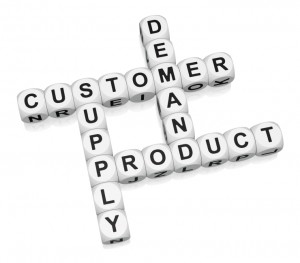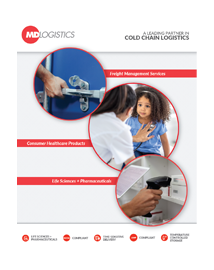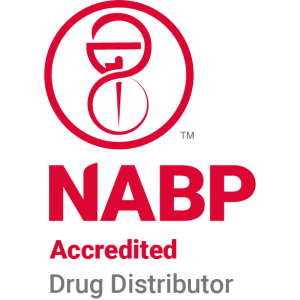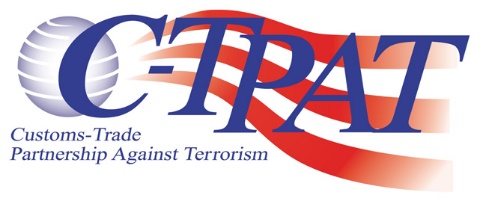
‘The customer is always right’ is proving more and more true as supply chains evolve.
Most of you have probably heard the old saying ‘the customer is always right.’ In terms of making sure you have a host of happy customers, that’s probably good advice, but how far are you willing to go to keep those satisfaction levels high? Would you offer a discount? Free shipping? A full refund? How about completely changing the way you operate your supply chain? That last one may sound a little drastic, but it’s the reality many major retailers are facing.
The rules around supply chain management are changing, and customers are sitting firmly in the driver’s seat. More and more companies are making big, public announcements on how they’re changing their supply chain practices to better align with what their customers care about.
Popular burger chain McDonald’s has committed to ending deforestation throughout its entire supply chain, while fellow restaurants Chipotle Mexican Grill and Panera have solidified their commitments to move away from genetically modified organisms (GMOs). Even retail giant Walmart is taking steps to change its supply chain practices, focusing more on increasing economic opportunity, strengthening local communities, and overall sustainability. They’ve committed to eliminating 20 million metric tons of greenhouse gas emissions from their global supply chain by the end of the year.
Most of these decisions have likely been made with the consumer, not just the bottom line, in mind. In his recent Forbes article about Chipotle’s announcement, Darren Tristano credits customers’ “rising demand for food they classify as healthful, not just in the sense of calorie counts but also of “natural” foods with “clean” labels”, for the change. He says it could take years for the restaurant industry’s food supply chain to meet the needs of the expanding number of restaurants taking up the non-GMO cause. He also points out those making the change late in the game may have a much harder time getting their supply chain up to speed.
For McDonald’s, the deforestation measures are part of a larger corporate social responsibility and sustainability framework designed to paint the picture of a company committed to creating a healthier planet. Walmart’s Global Responsibility Report, which includes sustainable supply initiatives, has the same goal.
All of these companies want to be viewed as companies who care. Why? In my opinion it’s because it makes customers feel better about their purchasing decisions. I’m not suggesting that’s the only reason. I’m sure they really do care about the environment, and workers’ rights and social responsibility. But if genuine caring was the only reason, they wouldn’t really need to issue a national press release about it, they’d just go ahead and do it.



